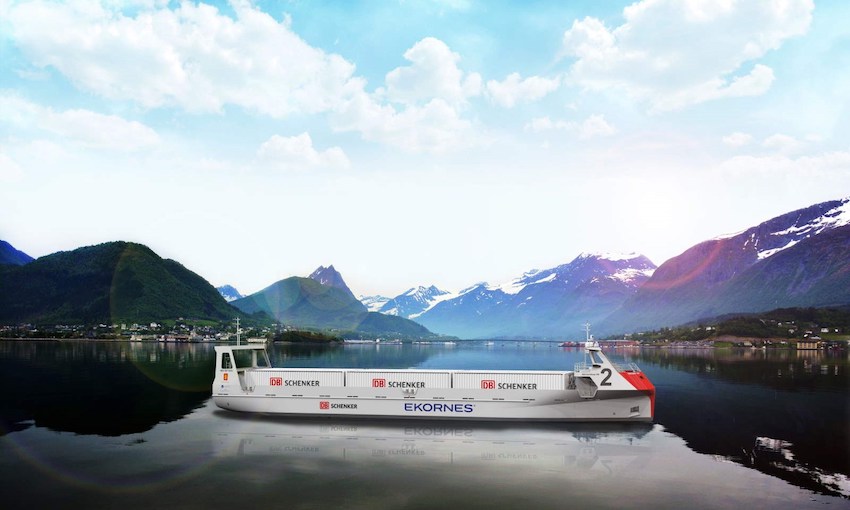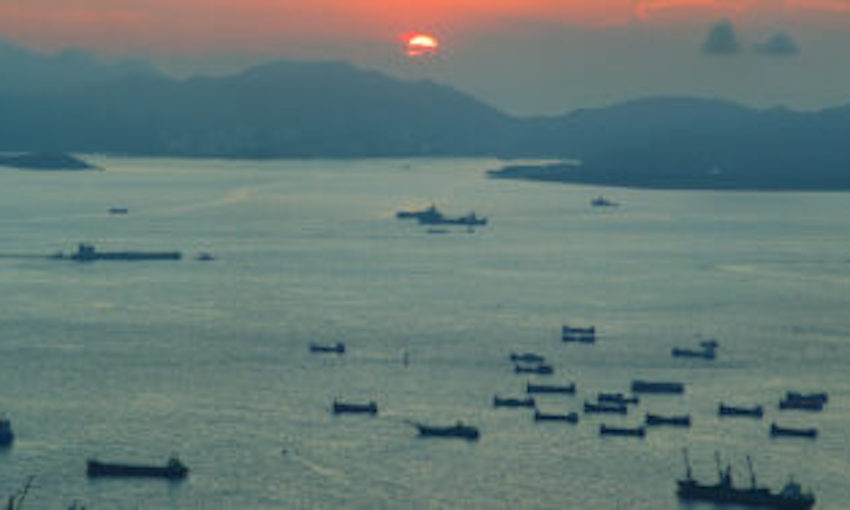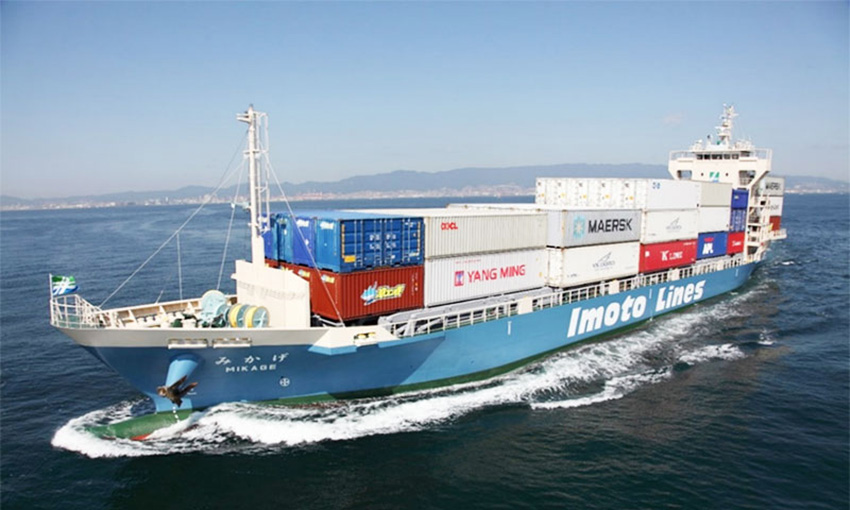SHIPPING technology company Massterly, partially owned by Wilhelmsen, has announced its involvement in a plan to replace traditional feeder vessels in Norway with autonomous, zero-emissions container feeders.
Massterly, a joint venture between Wilhelmsen and marine technology company Kongsberg, signed the letter of intent with supply-chain management company DB Schenker, vessel designer Naval Dynamics and leading Norwegian furniture manufacturer Ekornes.
Wilhelmsen suggested the two-way data communication system between the vessel and Massterly’s remote operation centre will also be a significant advancement for the sea freight sector.
Massterly managing director Tom Eystø said the small cargo vessel is designed for uncrewed operations but will be supervised by certified navigators and naval engineers at the remote operation centre.
“We find it very interesting that one of the world’s largest logistics providers, DB Schenker, is seeing the benefits of uncrewed, zero emissions shipping and we hope this project will inspire a larger volume of similar vessels,” Mr Eystø said.
According to Wilhelmsen, the vessel will be designed to carry cargo of up to 300 dwt and is expected to be operational by 2024.
Kongsberg CEO Geir Håøy said the company’s experience in creating systems for ship operations puts it in a unique position to contribute to the project.
“We’re beginning to see a general shift away from the road transportation of goods, with its considerable carbon footprint, and towards clean, energy-efficient, short-sea freight transportation,” Mr Håøy said.
“Kongsberg is currently involved in several fully electric and autonomous vessel operations, including Yara Birkeland and ASKO.
“We look forward to bringing on our know-how and experience in this new partnership with DB Schenker and Ekornes.”
The electric short-sea container feeder vessel will operate between Ekorenes’ own port Ikornnes, and the port of Ålesund which serves the main ocean freight ports in Europe.
It is expected to be able to complete the 43-kilometre voyage within three hours, at a speed of 7.7 knots.
The vessel reportedly leverages Naval Dynamics’ NDS AutoBarge 250 concept, which was developed in partnership with Kongsberg and Massterly.
Naval Dynamics CEO Øystein Jaer said the Autobarge 250 Coast Feeder is designed from keel up for efficient and zero emission autonomous operations.
“We are confident that DB Schenker and Ekornes will have an optimal and future-proof transport chain set to meet the future demands of clients and customers worldwide,” he said.
DB Schenker Norway CEO Knut Eriksmoen said the project marks an important step toward greener supply chains and the company’s sustainability agenda in ocean freight.
“We are ambitiously taking the lead here with our cooperation partners,” he said.
Ekornes CEO Roger Lunde said the vessel would provide the manufacturer with better control and flexibility in its own logistics.
“With this landmark project, we will meet our sustainability targets by using the most innovative technology available,” he said.
“Using the autonomous electric container feeder for direct pick-ups of our … products from our own quay in Ikornnes means that our total carbon footprint will be reduced significantly.”
The partners intend to unveil the vessel in Norway and to obtain approval from the Norwegian Maritime Authority, with the goal of securing government incentives for the project’s sustainability and technology elements.




